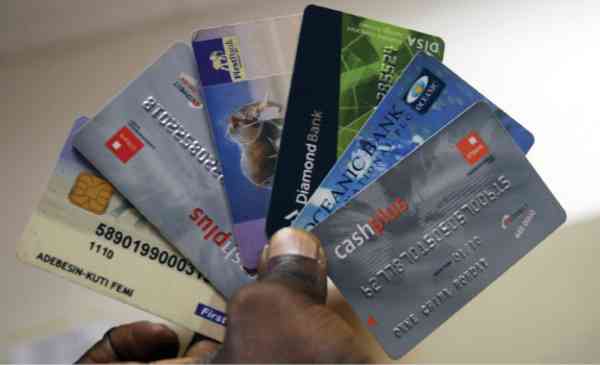Cashless Policy Takes Off With N284 Trillion e-payment Deals
Transactions through electronic payment (e-payment) channels that would facilitate the country’s planned cashless policy hit a cumulative value of N284 trillion in the first half of this year, data from the Central Bank of Nigeria (CBN) has revealed.
The data showed that the depth of adoption of the electronic channels within the period was significant, as no fewer than 3.81 billion transactions were recorded across all payment platforms.
The development showed that the cashless policy, which has already taken off in some states and the expected national rollout in March 2020, came with a mix of opportunities and costs for banks and their customers, government and payment service providers.
Channels that would be prominent in the cashless era include the Internet (web) platform, which are currently enmeshed in controversy over planned Value Added Tax charge on transactions by 2020.
In the last six months, it generated 47.98 million transactions valued at N223.35 billion, while mobile money records showed 104.8 million transactions worth N1.97 trillion.
The inter-bank e-payment platform recorded 1.76 billion activities worth N203.35 trillion, while the National Instant Payment platform generated 504.2 million activities, valued at N49.35 trillion.
Electronic cheque transaction had 3.42 million activities in the period, worth N2.3 trillion, with the Automated Teller Machine and Point of Sales terminals recording 424.62 million and 187.7 million transactions valued at N3.24 trillion and N1.38 trillion respectively, while the popular Remita generated 21.6 million activities worth N9.84 trillion.
The Nigeria Inter-Bank Settlement System Automated Payment Services (NAPS), an integrated multi-bank e-payment, e-collection and payroll and bulk payment platform, designed for the instant processing of payroll, pension, personnel records and execution of funds transfer, direct debit, collections, schedule delivery and payment instructions, generated 20.6 million transactions, valued at N11.59 trillion.
With the withdrawal and deposit limit enforcement, bank customers would either comply and patronise more fully the electronic channels or face charges. The development, which signals more charges for bank customers as they use the services in the financial system, is currently about 10 or more.
As a survival strategy after the implementation of the Treasury Single Account, banks redoubled their instinct for multiple charges against customers in the face of dwindling opportunities and income, which subsists till now.
In no particular order, there is Account Maintenance Fee, with associated Value Added Tax (VAT); Card Maintenance Fee and associated VAT; SMS alert charge and associated VAT; Remote-on-Us, with associated VAT; Mobile transfer charge with VAT; online transactions charges; and the planned online transactions with VAT.
For financial experts and bank customers, it is really an era of taxes and charges, despite the difficult economic climate and low business activities.
CBN, foreseeing the panicky reaction to the zero Commission on Turnover (CoT) policy, reversed itself by approving a negotiable CoT charge, which should not be more than N1 per N1000 withdrawal on current account, as well as the Stamp Duty Tax.





